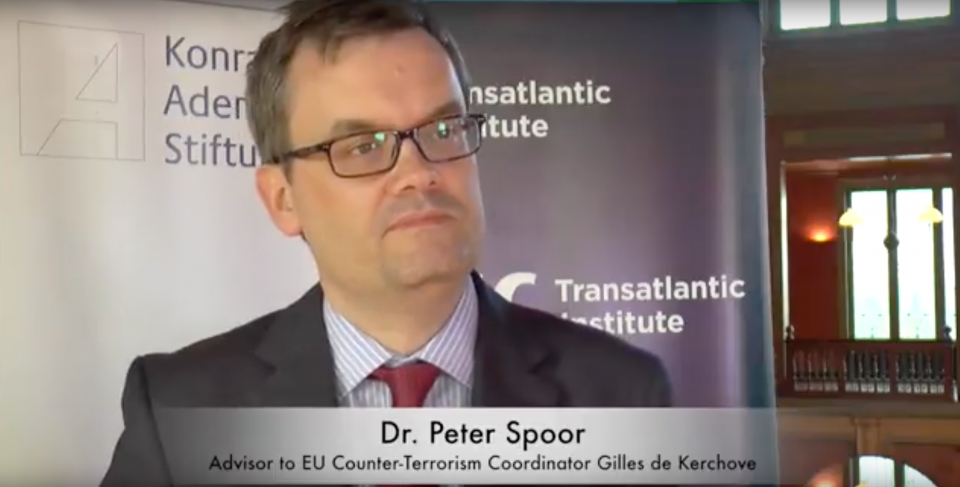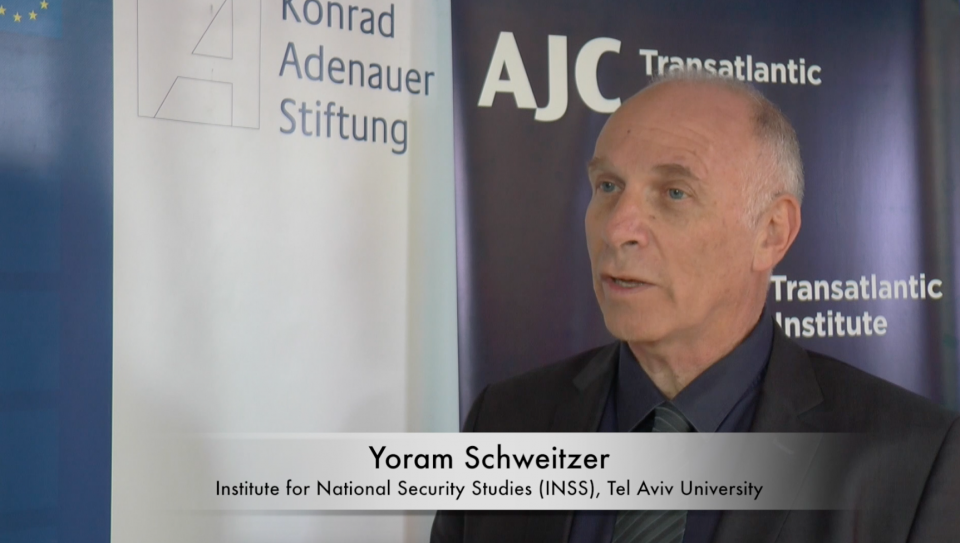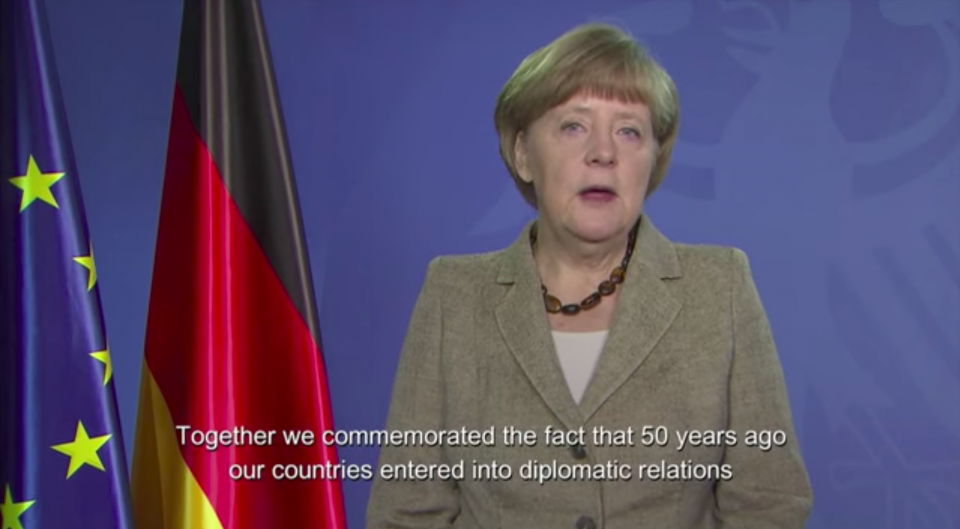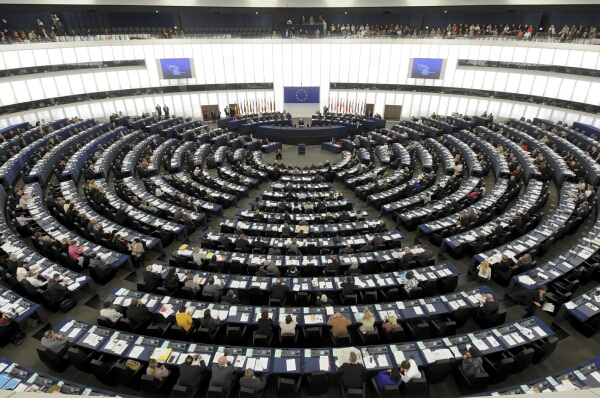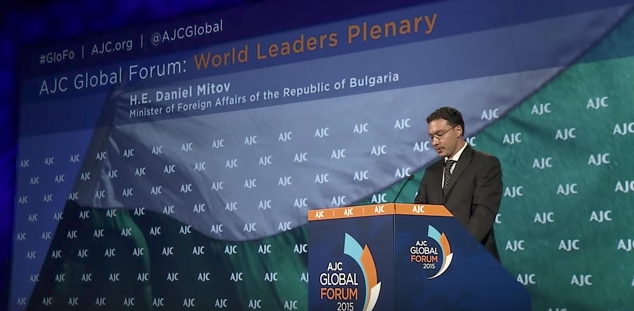Analysis
A Jewish State is Crucial to Peace
Letter to the Editor
Any realistic peace deal will require compromises from both sides. I was struck to read that some EU diplomats criticise US President Barack Obama for calling Israel the homeland for the Jewish people, which supposedly “no one has seriously questioned” but complicates efforts to revive the peace process (“Internal follies leave the EU hamstrung in the Middle East,” 20-27 July). If no one has seriously questioned Israel's character as a Jewish state, why has this then become a “main stumbling block?”
The fact is that the Arab refusal to accept a Jewish state is at the heart of the conflict. The Arabs launched their first war against Israel after rejecting the 1947 UN plan to divide the British Mandate for Palestine into “independent Arab and Jewish states”.
To insist that the Palestinians finally acknowledge Israel as a state for the Jewish people, the way successive Israeli leaders, including current Prime Minister Binyamin Netanyahu, have backed the creation of a state for the Palestinian people, is not just of symbolic value. Any realistic peace deal will require compromises from both sides. While Israeli compromises will be tangible – land and strategic depth – the Palestinian compromises will largely consist of a promise: to end the conflict. That promise will lack credibility if the Palestinians refuse to accept the Jewish right to self-determination in the region.
As long as Palestinians think they can negate and perhaps alter the Jewish character of Israel, no enduring peace will be possible. Palestinian leaders insist that even after the creation of a Palestinian state, the millions of descendants of the Palestinian refugees must be able to “return” to Israel. This would lead to the demographic destruction of Israel as a homeland for the Jewish people. It is a “two-state solution” all right, albeit with both of them Palestinian.
Palestinian leaders may privately acknowledge Israel's Jewish character or that a “return” of descendants of refugees will not happen. But they will not dare to say so publicly to their people. This failure to prepare their own population for the basic elements of a settlement goes a long way to explain why Palestinian leaders refused three serious Israeli peace offers over the past ten years, which, whatever Israel's failings, would have given them all of Gaza and most of the West Bank, with East Jerusalem as their capital. Since failing to accept former Prime Minister Ehud Olmert's offer in 2008, President Mahmoud Abbas has refused even to negotiate with his successor.
The EU has been quick to endorse those aspects of Obama's May speech that address the compromises Israel will have to make. If Europeans want to be taken seriously as mediators and really advance peace, they should do the same for the other side. Spelling out the Palestinian compromises necessary for a deal would finally start the process of preparing the Palestinian public for a realistic peace.
Daniel Schwammenthal Director, American Jewish Committee, Transatlantic Institute Brussels
